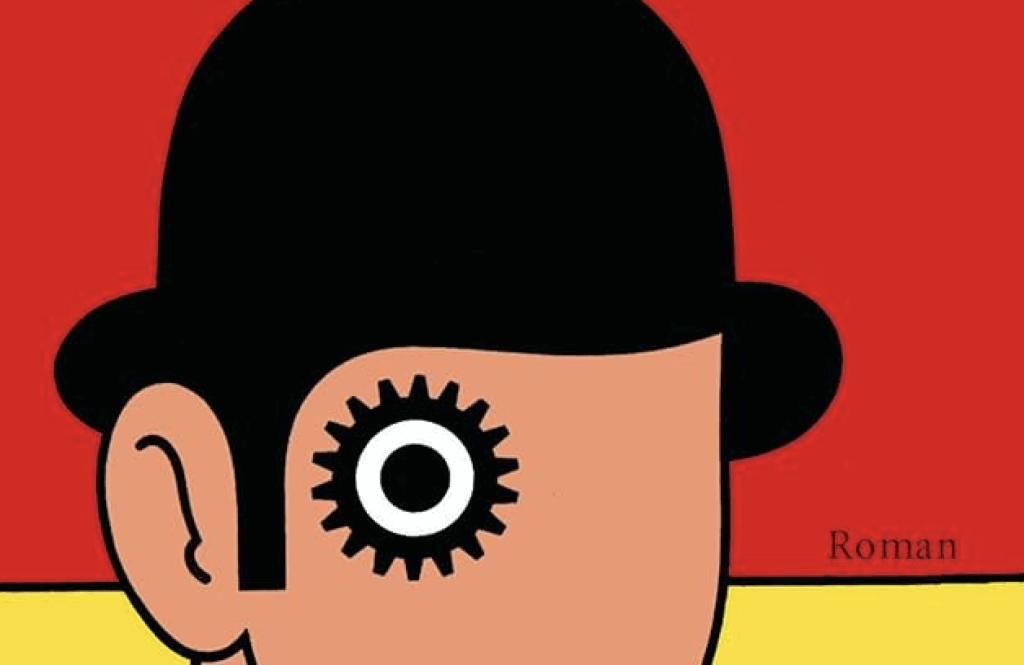
"If you hap­pen to be a high school stu­dent in Flori­da who's eager to read A Clock­work Orange, that urge may turn out to be hard­er to sat­is­fy than you imag­ine. Antho­ny Burgess' har­row­ing, lin­guis­ti­cal­ly inven­tive nov­el of a grim near future has come out on top in PEN Amer­i­ca's lat­est rank­ing of banned books: that is, books removed or pre­vent­ed even from enter­ing pub­lic school libraries, most com­mon­ly in the state of Flori­da, with Texas and Ten­nessee as run­ners-up."
"Since its pub­li­ca­tion in 1962, " has faced mul­ti­ple book ban­ning attempts due to the sex­u­al vio­lence it depicts," says Carnegie Mel­lon Uni­ver­si­ty's Banned Books Project. "In 1973, a book­seller in Orem, Utah, was arrest­ed for sell­ing the nov­el along with two oth­er 'obscene' books." Bans fol­lowed "in 1976 in Auro­ra, Col­orado, in 1977 in West­port, Con­necti­cut, and in 1982 in Annis­ton, Alaba­ma."
PEN America’s ranking lists A Clockwork Orange as the most frequently removed book from U.S. public school libraries, especially in Florida, with Texas and Tennessee as runners-up. Other challenged works include The Handmaid's Tale, The Bluest Eye, Forever, and The Perks of Being a Wallflower. Carnegie Mellon University's Banned Books Project records multiple banning attempts for A Clockwork Orange since its 1962 publication, often citing sexual violence. Historical actions include a 1973 arrest of a bookseller in Orem, Utah, and bans in Aurora (1976), Westport (1977), and Anniston (1982). In 2019, Florida Citizens Alliance lobbied to ban it as 'pornographic' along with many other novels.
Read at Open Culture
Unable to calculate read time
Collection
[
|
...
]